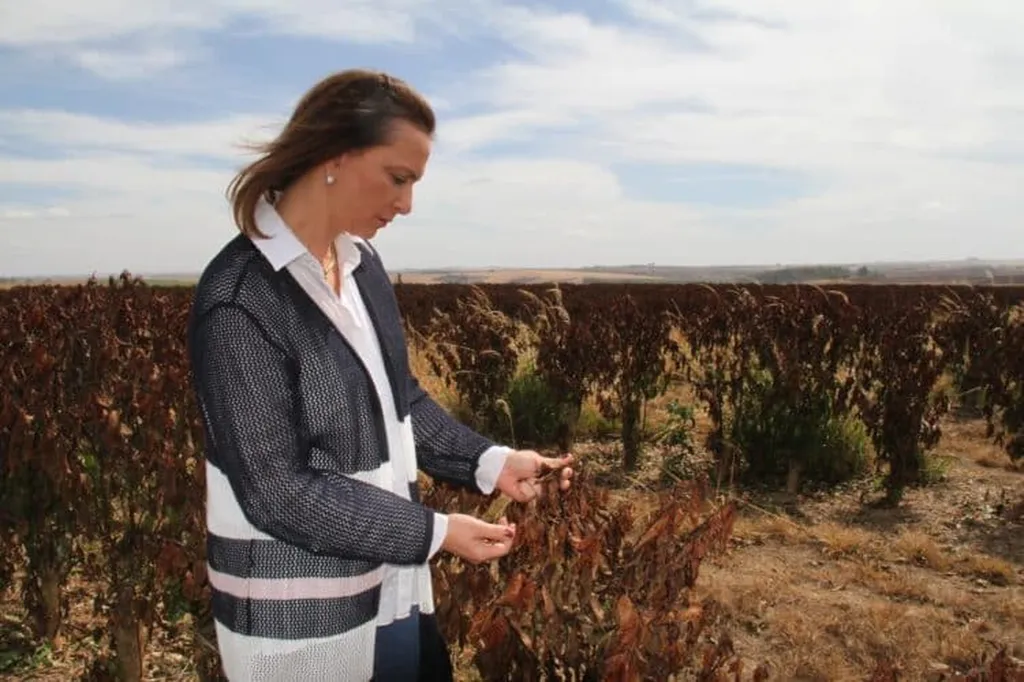In the heart of the Amazon, where the air is thick with the scent of coffee blossoms, a groundbreaking study is brewing that could revolutionize the way we cultivate and protect one of the world’s most beloved crops. Researchers at the Institute of Biotechnology Applied to Agriculture (Bioagro) at the Federal University of Viçosa in Brazil have unlocked the genetic secrets of *Coffea canephora*, commonly known as Robusta coffee, offering a promising path forward for disease-resistant and climate-resilient coffee plants.
Led by Ana Carolina Andrade Silva, the study, published in the journal ‘Plants’ (which translates to ‘Plants’ in English), employed Single Nucleotide Polymorphism (SNP) molecular markers to delve into the genetic diversity of coffee plants cultivated in Rondônia, Brazil. The findings are not just a win for coffee lovers but also a significant step forward for the agricultural and energy sectors, where coffee plays a pivotal role.
The research identified five main genetic groups among the coffee genotypes, with the largest group comprising mostly hybrids between the Robusta and Conilon varieties. This genetic diversity is crucial for identifying plants better adapted to current climate conditions and resistant to major coffee diseases like rust (*Hemileia vastatrix*) and coffee berry disease (CBD; *Colletotrichum kahawae*).
“Understanding the genetic diversity and resistance genes of *Coffea canephora* is essential for guiding crosses in breeding programs,” Silva explained. “This knowledge allows us to develop clones and hybrids that are not only disease-resistant but also resilient to changing climate conditions.”
The study’s findings are particularly relevant for the energy sector, where coffee by-products are increasingly being used to produce biodiesel and other biofuels. Disease-resistant and high-yielding coffee plants can ensure a steady supply of raw materials for these emerging industries.
Moreover, the molecular markers linked to resistance genes enabled the identification of clones with pyramided resistance alleles for both rust and CBD. Three genotypes exhibited a complete pyramided configuration, while others showed different combinations of resistance loci. This genetic information can be used to trace the origin, variety, and genealogy of different coffee genotypes, ensuring the authenticity and quality of coffee products.
The implications of this research are far-reaching. By understanding the genetic makeup of coffee plants, breeders can develop new varieties that are not only resistant to diseases but also adaptable to changing environmental conditions. This can lead to more sustainable and productive coffee cultivation, benefiting farmers and the environment alike.
As the world grapples with the impacts of climate change and the need for sustainable energy sources, this research offers a beacon of hope. It underscores the importance of genetic diversity in crop improvement and the potential of biotechnology in addressing global agricultural challenges.
In the words of Silva, “This study provides a valuable foundation for future breeding programs, supporting the development of disease-resistant and climate-resilient coffee plants.” And with that, the stage is set for a new era in coffee cultivation, one that is sustainable, resilient, and full of promise.

